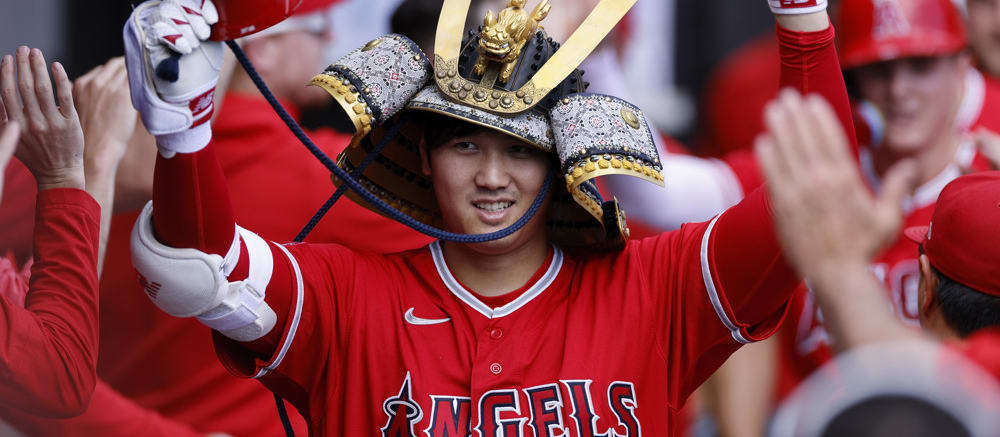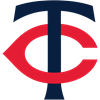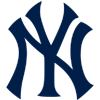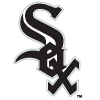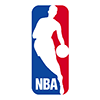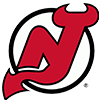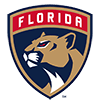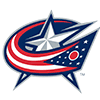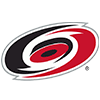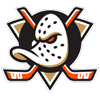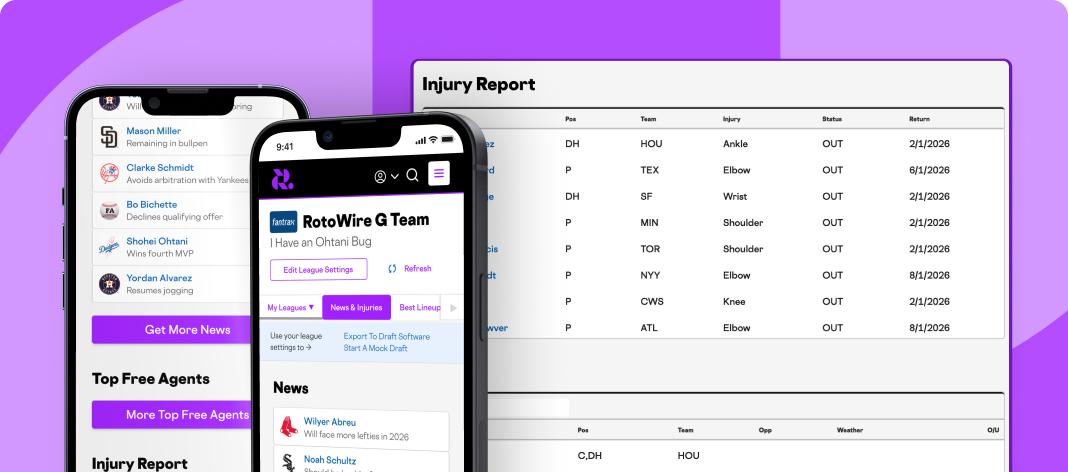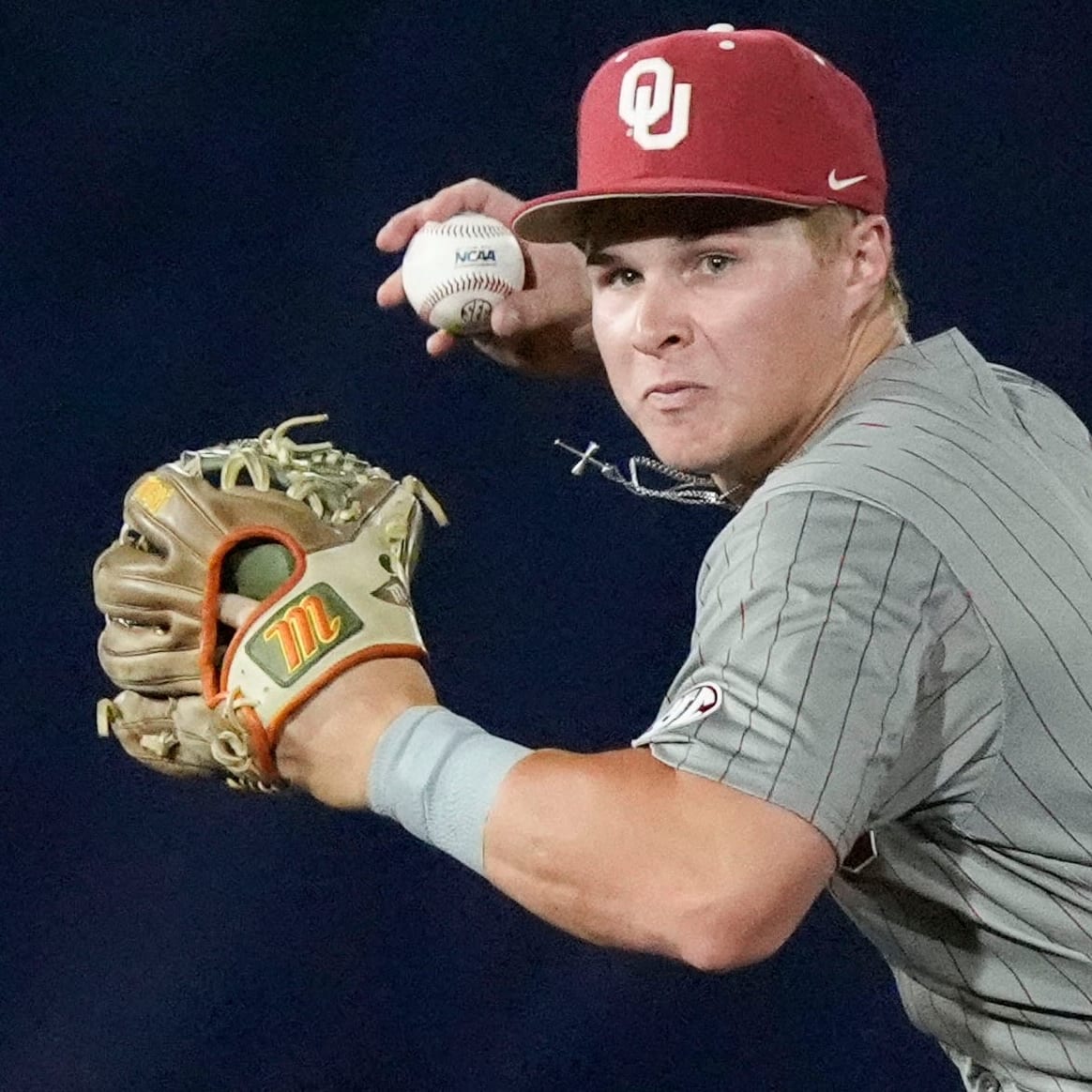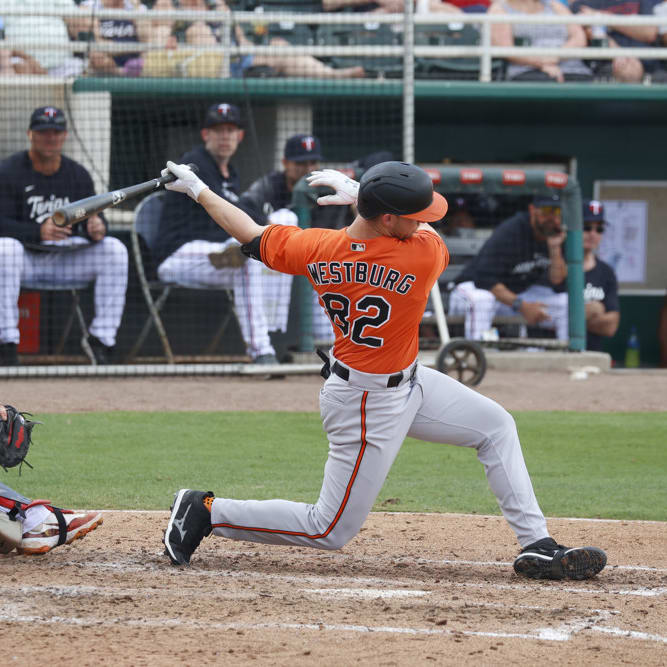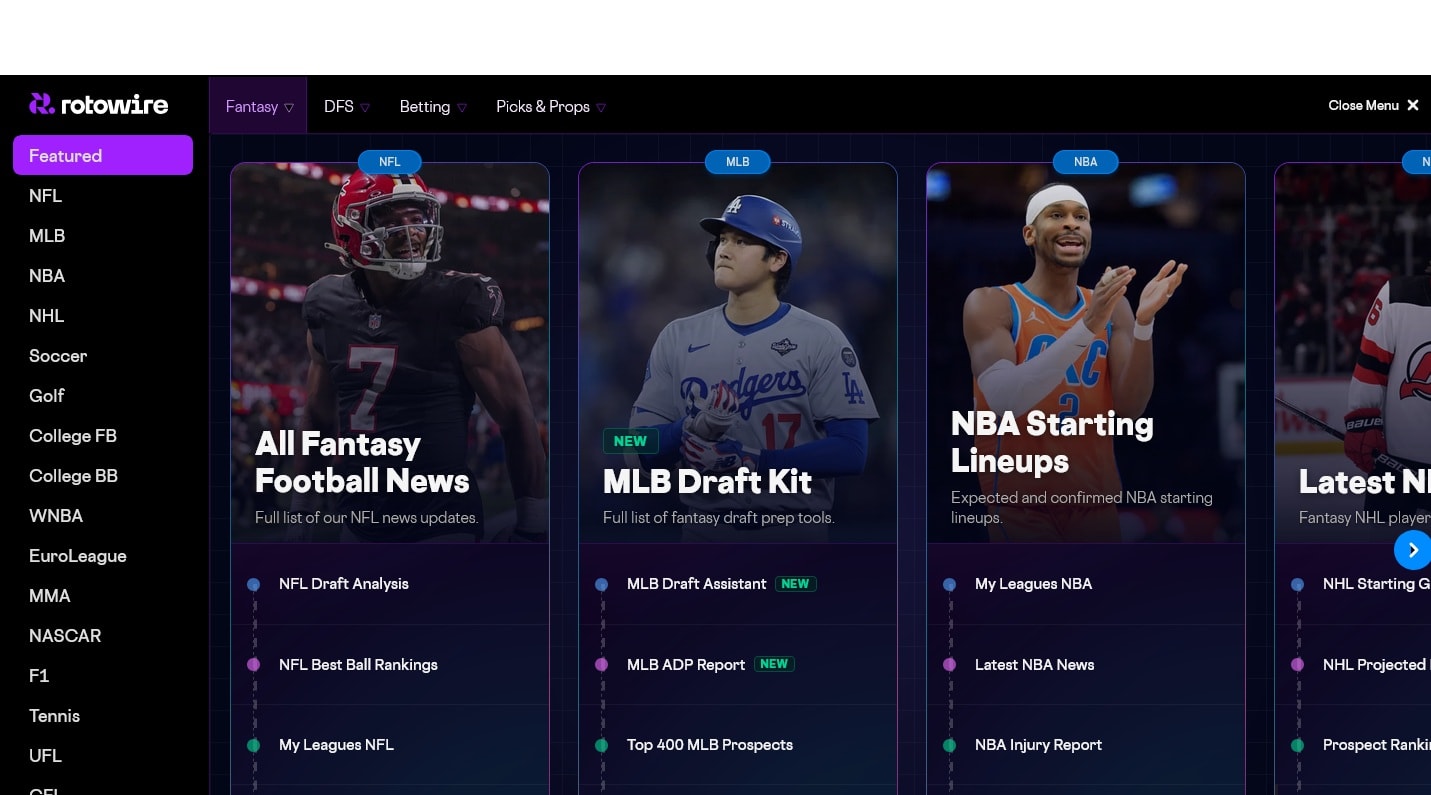I love Shohei Ohtani. To say he's the Most Exciting Baseball Player in the History of the Universe is not an exaggeration. He's the default answer to the question, "Who's your favorite player not on your favorite team?"
I, along with most of you, have been rooting for him ever since he arrived in MLB in 2018, and wish him the best of luck as he recovers from his second major elbow surgery. I've enjoyed the airplane-chasing madness of the last couple days, and I'm thrilled for him that he's just signed a 10-year, $700 million contract with the Dodgers.
I'm excited that we'll be able to finally watch him while not also watching the Angels. We might even see him in a playoff game one day, too.
Despite all that, I'm the low man on him in RotoWire's Roundtable Rankings, ranking him 25th on our December update while everyone else has him between 11 and 17. His NFBC ADP as of writing is 15.2. Being out on Ohtani isn't a place I like to be, but after thinking it over some more, I'm sticking there.
Here are four reasons I'm unlikely to be the one drafting Ohtani this year, followed by a few situations where I'd still be interested in taking the chance.
Reason 1: Ohtani's 2019 Season
News broke within a week a Ohtani's signing prior to the 2018 season that he had elbow troubles — a first-degree UCL sprain at the time — and while a
I love Shohei Ohtani. To say he's the Most Exciting Baseball Player in the History of the Universe is not an exaggeration. He's the default answer to the question, "Who's your favorite player not on your favorite team?"
I, along with most of you, have been rooting for him ever since he arrived in MLB in 2018, and wish him the best of luck as he recovers from his second major elbow surgery. I've enjoyed the airplane-chasing madness of the last couple days, and I'm thrilled for him that he's just signed a 10-year, $700 million contract with the Dodgers.
I'm excited that we'll be able to finally watch him while not also watching the Angels. We might even see him in a playoff game one day, too.
Despite all that, I'm the low man on him in RotoWire's Roundtable Rankings, ranking him 25th on our December update while everyone else has him between 11 and 17. His NFBC ADP as of writing is 15.2. Being out on Ohtani isn't a place I like to be, but after thinking it over some more, I'm sticking there.
Here are four reasons I'm unlikely to be the one drafting Ohtani this year, followed by a few situations where I'd still be interested in taking the chance.
Reason 1: Ohtani's 2019 Season
News broke within a week a Ohtani's signing prior to the 2018 season that he had elbow troubles — a first-degree UCL sprain at the time — and while a pair of PRP injections helped him get through 10 starts in a Rookie of the Year season, he eventually underwent Tommy John surgery at the start of October. He pitched to a 3.31 ERA in those starts, but we're sadly not concerned about that right now, because he won't be pitching in 2024 after his surgery in September.
We're concerned with Ohtani's excellent .285/.361/.564 line that season, which was good for a 149 wRC+. Here's some context for that mark among qualified hitters since Ohtani's debut, as well as his wRC+ in the other years he's been a two-way player for a meaningful period of the year:
| Season | wRC+ | Rank Since 2018* | Nearest Players on Leaderboard |
|---|---|---|---|
| 2018 | 149 | 35** | Nolan Arenado (2022), Brandon Nimmo (2018) |
| 2021 | 150 | 31 | Manny Machado (2022), Aaron Judge (2021) |
| 2022 | 142 | 53 | Andres Gimenez (2022), Pete Alonso (2022) |
| 2023 | 180 | 5 | Yordan Alvarez (2022), Mike Trout (2019) |
*min. 500 PA (684 total players); **Ohtani only had 367 PA in 2018, but this is where he would rank if he qualified
That's the Ohtani we all know and love. When all is right with the world, Ohtani is a shoo-in for MVP as long as nobody else hits 62 homers, and even in years when things go wrong for him, he still wins Rookie of the Year. He consistently ranks near the most impressive names in the business (and also Andres Gimenez).
His wRC+ in 2019, his first season after his first major surgery and therefore the year most analogous to this one: 120.
He again fell short of 500 plate appearances that season, finishing with 425. Here are the other players with a 120 wRC+ who've met the threshold since Ohtani's debut:
| Season | Player |
|---|---|
| 2022 | Matt Olson |
| 2023 | Jake Burger |
| 2018 | Justin Smoak |
| 2018 | Cody Bellinger |
| 2017 | Mitch Haniger |
| 2023 | Christian Walker |
| 2023 | Xander Bogaerts |
| 2019 | Jorge Polanco |
| 2021 | Yoan Moncada |
| 2022 | Ian Happ |
| 2021 | Willy Adames |
These seasons rank from 250 to 260 among that same set of batters. That's not bad at all out of a group of 684, but as you can see from the names, it's a much less illustrious set of companions than the company Ohtani keeps when he's fully healthy.
And that makes sense. Rehabbing from a major surgery is incredibly hard. We know that intuitively, and we also know it's hard in Ohtani's case, because he's shown us already in nearly identical circumstances. The fact that Ohtani remained a well above-average MLB hitter even while recovering from Tommy John surgery is part of his legend, not something that detracts from it. But it certainly makes him a risky fantasy pick at the tail end of the first round in 15-team drafts this season.
Reason 2: Ohtani's 2020 Season
This is perhaps the least compelling reason, as the 2020 season was so short for everyone involved that all sample sizes involved are inevitably small. If you don't want to relive any memories of 2020 and are getting a bit bored already, skip to the next one.
But if you're still here, it's worth remembering that Ohtani's 2020 couldn't have gone much worse. He himself called it "pathetic" in an interview with Kyodo News. His attempt to return to the mound saw him face 16 batters across two starts, walking eight and allowing seven runs while retiring just five. Something to remember for next year maybe, but again, his ability on the mound this year is sadly irrelevant.
Important for our draft-day calculus this winter is the fact that in the midst of those struggles on the mound, Ohtani hit .190/.291/.366 in 46 games. Nobody in 2020 came anywhere close to reaching the 500 plate appearance threshold in 2020, of course, but here's where his 80 wRC+ that season sits in context since 2018:
| Season | Player | wRC+ | Rank Since 2018* |
|---|---|---|---|
| 2019 | Khris Davis | 81 | 645 |
| 2023 | Zach McKinstry | 81 | 646 |
| 2021 | Carlos Santana | 81 | 647 |
| 2018 | Manuel Margot | 81 | 648 |
| 2023 | Elias Diaz | 81 | 649 |
| 2020 | Shohei Ohtani | 80 | -- |
| 2022 | Adam Frazier | 80 | 650 |
| 2018 | Jonathan Schoop | 80 | 651 |
| 2021 | Hunter Dozier | 80 | 652 |
| 2022 | Cesar Hernandez | 80 | 653 |
| 2018 | Dansby Swanson | 79 | 654 |
| 2018 | Eduardo Nunez | 79 | 655 |
*min. 500 PA (684 total players)
Some of those are poor seasons by otherwise strong hitters, but on the whole, it's quite an uninspiring group. Obviously, we shouldn't go out and project that Ohtani will hit like Zach McKinstry this season, as there are a host of other mitigating factors that come with 2020 in addition to the fact that he only hit like the above group of players over 175 trips to the plate. He may well have pulled out of his slump and had a great second half if 2020 were a normal season. (More on that in a minute.)
At the same time, we shouldn't forget that it's a demonstrated possibility that he'll struggle significantly while he's simultaneously serving as a designated hitter and working his way back from elbow surgery as a pitcher. Injury recovery is a full-time job for pitchers under normal circumstances, so it's not as if his work as a two-way player stops.
Again, this whole journey enhances his mythos, not diminishes it. But it's very, very hard to do what he does, and 2020 showed an example of the extended funk that trying to be a major-league hitter while also rehabbing your arm from major surgery can look like. For Ohtani, it looks like Cesar Hernandez.
Reason 3: Bryce Harper's 2023 Season
Bryce Harper accomplished his own bit of myth-making by breaking Tony Womack's record for the fastest recovery from Tommy John surgery. Womack did it in 182 days, while Harper did it in 160.
That achievement is impressive enough that it more than makes up for the fact that Harper was clearly not himself when he first returned. Initial reports at the time of his surgery had him coming back at the All-Star break. His May 2 return was sensational, and the fact that he hit a more than respectable .290/.386/.400 (115 wRC+) between then and the break is something he should be praised, not criticized, for. But a 115 wRC+ is a mark reached in recent years by the likes of Johan Camargo and Avisail Garcia — and, in what you can call reason #4 for this article if you're being generous, Ronald Acuna in his first year back from major surgery in 2022.
Harper had sat between 139 and 170 over the previous three years. After the break (i.e., from the point at which he was originally expected to return through the end of the year), he hit .296/.413/.583, good for a 164 wRC+, a much more Harperian number. 18 of his 21 homers came during that stretch as well.
I wouldn't be surprised if early struggles for Ohtani are followed by an excellent second half in similar fashion, so I'd be on the lookout for trade opportunities over the summer, though it's important to remember that Ohtani is a) doing this for the second time and b) is also a pitcher. In any case, Harper's 2023 season serves as a helpful recent example to remind us that while the game's greatest stars may be able to pull off superhuman feats of injury recovery, that doesn't mean they'll play like themselves right away. That seems more likely to be a universal truth than something unique to Ohtani.
Reason 4: Trea Turner's 2023 Season
We've gotten this far while only mentioning reasons directly tied to Ohtani's recovery from elbow surgery. He's also going to be dealing with the pressure that comes from signing a huge contract with a new team.
While it's far from a lock that a player is guaranteed to struggle in his first year of a mega-deal, it happens frequently enough that avoiding such players has become perhaps fantasy baseball's most widely-repeated axiom, credited to Rick Wolf and Glenn Colton. Scholarly research on whether players can reliably be seen to underperform as a cohort in the first year of their deal is mixed — or at least it's a topic which seems to consistently draw the attention of undergraduate economics majors — but at minimum, enough of the most notable ones have done so in memorable ways that fantasy players have learned to be cautious.
Trea Turner provided the most recent example of the phenomenon last season, disappointing in the first year of his 11-year, $300 million deal with the Phillies. A healthy skepticism of narratives is justified in fantasy sports, and "pressing" is dripping with narrative, but the stats certainly look like a guy who was pressing for most of the season. He chased far more pitches than he had previously, leading to a jump in strikeouts, which led in turn to a drop in batting average and wRC+:
| Years | O-Swing% | K% | AVG | wRC+ |
|---|---|---|---|---|
| 2015-22 | 27.3% | 18.0% | .302 | 125 |
| 2023 | 35.3% | 21.7% | .266 | 108 |
But wait! While the narrative certainly fits so far, it's possible it was just a narrative. Look at what happens if we break things up a bit more and add in a couple more columns:
| Years | Age(s) | O-Swing% | K% | Hard Hit% | AVG | wRC+ |
|---|---|---|---|---|---|---|
| 2015-19 | 22-26 | 25.3% | 18.6% | 39.0% | .291 | 114 |
| 2020-21 | 27-28 | 27.3% | 16.1% | 44.5% | .330 | 147 |
| 2022 | 29 | 33.1% | 18.5% | 41.4% | .298 | 128 |
| 2023 | 30 | 35.3% | 21.7% | 42.2% | .266 | 108 |
That looks like a player who had peaked (like many do) in his age-27 and age-28 seasons and who had already started taking steps back in many areas at age 29, most significantly in chase rate. If we're to pick a narrative explanation for Turner's age-30 season, maybe "player gets a year old, gets a bit worse" is the more accurate one.
If you're someone who eschews narrative entirely and ignores reason number four, I can understand it and respect your consistency. For myself, I don't write off players in this category entirely, but I do consider them riskier than they would be otherwise.
What If I Want to Draft Shohei Ohtani Anyway?
I get it. I want to draft him too, and I won't rule out that I will. If you're someone who drafts in multiple different leagues and loves Ohtani, by all means go get him at least once, given that it's definitely within the realm of possibility that it all just works out somehow. Be smart about it, because you have the luxury of picking which league makes most sense to target him in. If you play in just one league and it happens to be set up in such a way that makes Ohtani a good pick, lucky you! Know what you're getting into as far as his demonstrated potential downside, but go for it.
Here are three situations I'd be particularly willing to draft him despite acknowledging that it's going to be as difficult as ever for our hero to pull off what we want him to achieve this season:
1) A keeper or dynasty league, particularly a startup draft. The longer your league allows you to keep players for the least additional penalty, the more Ohtani's value goes up, because even the (reluctant) haters like me still love him for every year but this one. Everybody else in your league ought to know this, too, and will know that they're getting the once-in-a-century two-way talent back in 2025 and beyond. He won't be cheap, but per our dynasty rankings (where he's 14th), a high pick is justified even given the known injury risks. Any keeper or dynasty league where he happens to be available this winter is one where he's worth considering as long as the price is reasonable, but if you're someone who's content to not go all-in in year one of a startup draft, you can justify shooting him way up your board. If you already wanted to sacrifice a reasonable shot at gold in 2024 in hopes of sustainable success starting in 2025, "overpaying" for Ohtani's next season makes perfect sense.
2) A league with multiple Utility spots. Some leagues have converted what would otherwise be a second catcher spot into a second Utility, while others have both a Utility and a Swing spot (which can be any hitter or pitcher). The risks of spending an early pick on Ohtani and having him go through an understandable down season as he works his way back from surgery are multiplied in leagues with the default setup of one Utility spot, as he's going to sit in that spot all season for you while delivering less than what you paid for. That can punish you on the waiver wire, where you'll no longer be able to go for the best player available when one of your hitters gets hurt (or otherwise needs to be dropped) and will instead have to satisfy specific positional requirements. If you have a second Utility spot to play with, you still have plenty of roster flexibility, so the potential reward of Ohtani overcoming the odds comes with less of a risk to your roster. I wouldn't move him way up my board, but positional issues are the primary reason he's behind other players in the incredibly talented but rather risky category like Elly De La Cruz and Luis Robert in my rankings.
3) A league where everyone else is even more nervous about him than I am. It's Shohei Ohtani we're talking about, isn't it? The guy who hit .304/.412/.654 last year with 44 homers, 102 runs, 95 RBI and 20 steals last year even while his arm refused to stop falling off? I'd be crazy to bet too strongly against a demigod. Even in an ordinary redraft league, or another single-season league like a best-ball draft or Draft Champions league, if he falls past a certain point, I can't help but go for it. I don't take players off my board. While I think Ohtani's ADP shows that the market is missing something about his reliability this season, if I'm in a room where everyone else is weighing his risk far too heavily or forgetting about his upside, I'll happily take him.
Even if Ohtani struggled during the two seasons that he had to go through arm rehab last time, even if other elite players show similar signs of being good but not quite great when they come back from major surgery, and even if we generally move players down our draft boards in their first year after signing a big deal with a new team, this is Shohei Ohtani we're talking about. His upside is that he hits like Shohei Ohtani. If everyone else forgets that, I want him on my team.
